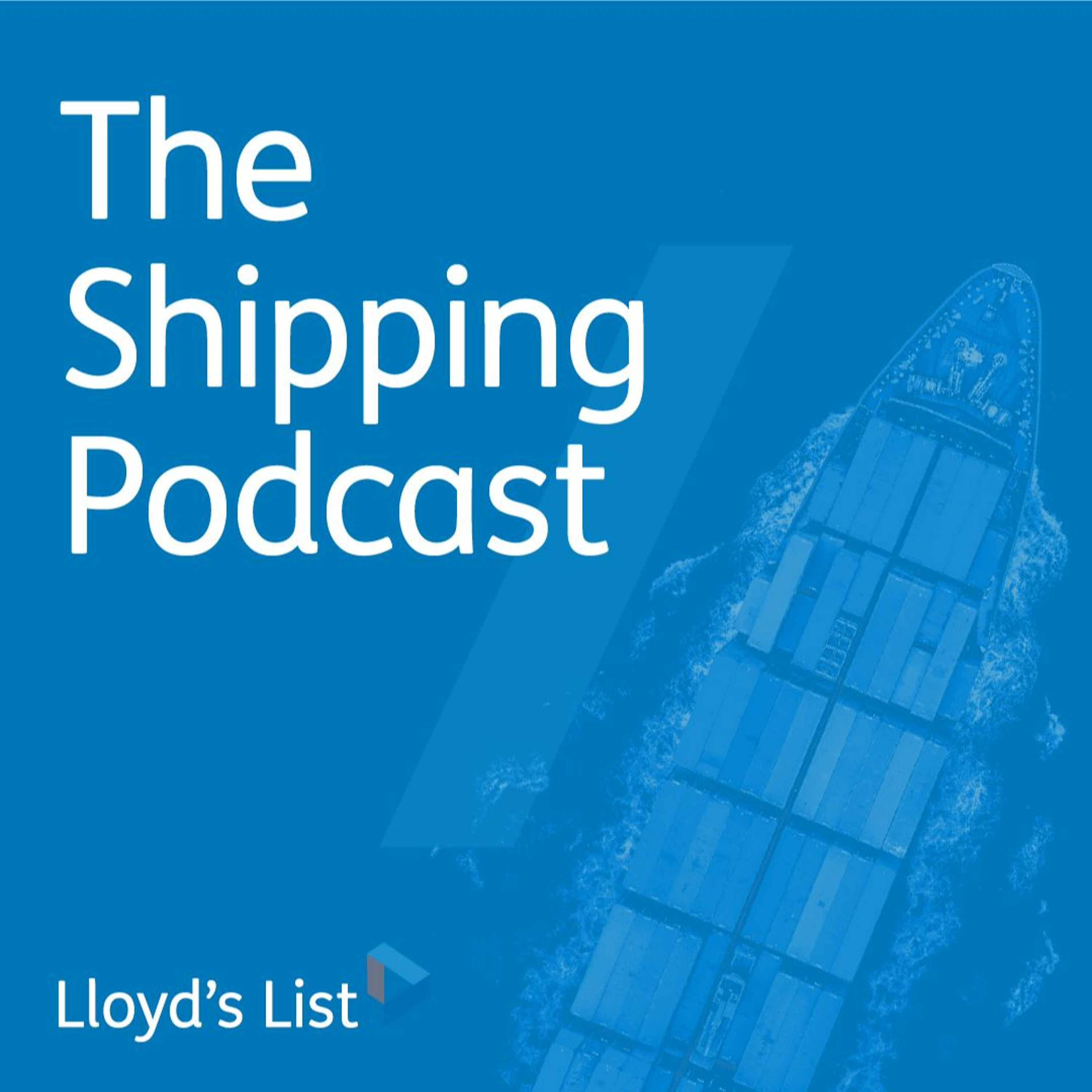
Shownotes Transcript
SPONSORED PODCAST in association with Rightship Let’s face it, shipping is no longer data-poor; in fact, it’s in danger of being overloaded with data. The problem is rather that data resides in inaccessible silos, in a range of formats, and when you do access it, it’s at an unaffordable cost. Yet data is seen as the foundation of the industry’s push towards decarbonisation. Other business sectors, such as FinTech, have addressed the data conundrum over the past decade. That wasn’t without its stresses and strains. Now the digital disruption that transformed finance looks set to do the same for maritime. Once again, those who do not embrace it risk falling behind. There are already plenty of data-led technologies building a presence in shipping. Many are variants of current voyage optimisation or performance monitoring technologies, but the data remains expensive to access and daunting to interrogate. On this podcast, Rightship’s Chief Technology Officer, Marlon Grech, explains the benefits of an innovative e-commerce platform that everyone can afford that will, he claims “democratise maritime data.” RightSTORE is a pay-per-use model that promotes and encourages access to standardised data on the grounds that it will help the entire industry make better-informed decisions. That’s good for operational efficiency, he suggests, but also for the push for sustainability and social responsibility. Further, Mr Grech is opening RightSTORE to Rightship’s partners. “We are not alone in having zero-harm products or data, so we are inviting all our partners to join this initiative. We will enable them to host their own data on RightSTORE, making it a one-stop-shop for all zero-harm maritime data.” RightSTORE is not in itself ground-breaking. It's replicating something that has already revolutionised the way we buy consumer goods but maritime is not good at looking at other industries for innovation. This model turns the traditional subscription package into a pay-to-use platform, which makes it much more accessible. Also on this podcast, Mr Grech is asked whether the headlong rush towards AI is mad, bad, or just plain scary. In his view, artificial intelligence has the potential to revolutionise the maritime industry by enabling us to make more informed decisions, however he is aware of the risks associated with its implementation. Knowing what’s safe and what’s not is the first step to ethical and responsible use of what is, at the end of the day, a tool. “It's crucial to remember that AI is only as good as the data it is fed,” he advises, “so we must ensure that the data we use to train our AI models is unbiased and accurate.” AI has the potential to be a game changer for the maritime industry, but still it must be approached with caution. By doing so, the benefits of this powerful technology can be enjoyed while minimising the risks.